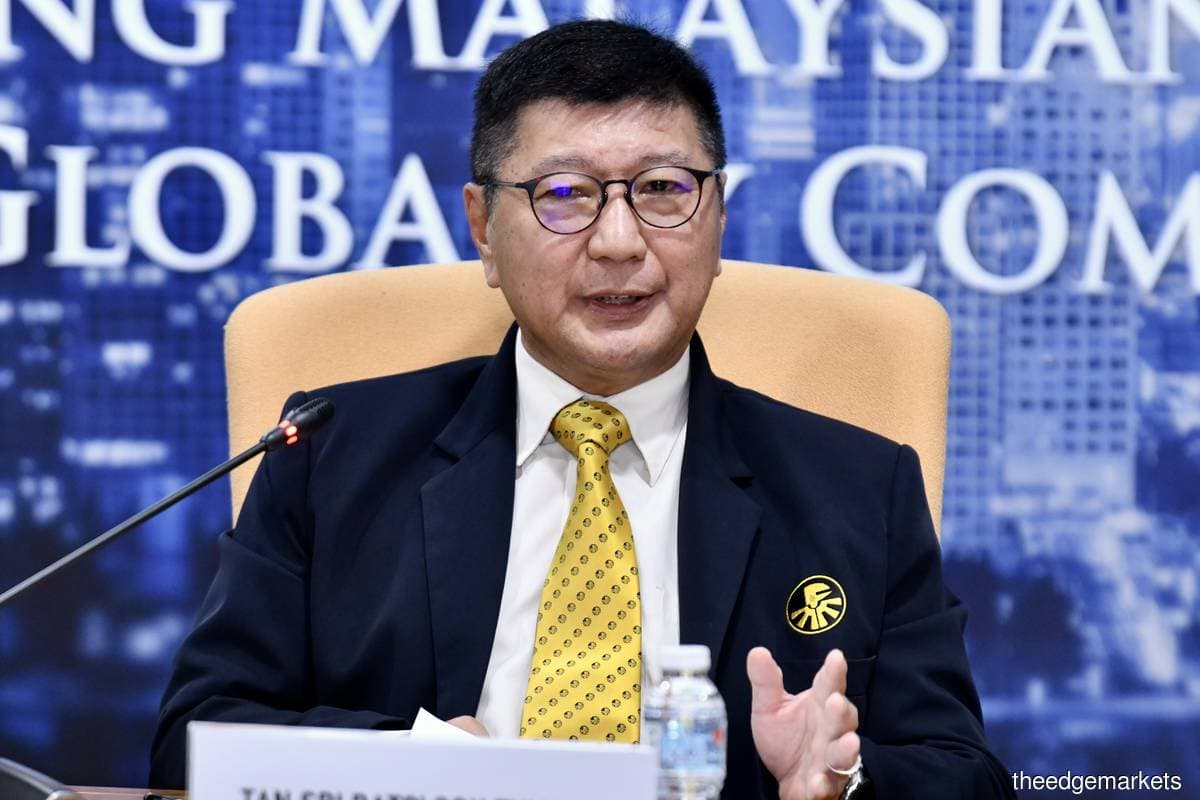
KUALA LUMPUR (March 16): Only 11% of Malaysian manufacturers are utilising both the Regional Comprehensive Economic Partnership (RCEP) and the Comprehensive and Progressive Agreement for Trans-Pacific Partnership (CPTPP) agreements.
Based on the Federation of Malaysian Manufacturers’ (FMM) Business Conditions Survey for the second half of 2022, 66% of the 745 respondents said they are aware of the free trade agreements (FTAs).
Meanwhile, 9% of respondents are utilising the RCEP implemented in March 2022, and 3% of respondents are utilising the CPTPP implemented in November 2022.
FMM president Tan Sri Soh Thian Lai said more than three-quarters (77%) of the respondents had not started utilising these FTAs yet.
“Most (41%) cited reasons of not knowing where to start, suggesting a lack of information or policy direction on these FTAs among the respondents,” Soh said at a press conference at Wisma FMM on Thursday (March 16).
According to him, while another 33% said they are already utilising other FTAs and the duty exemption rate is lower, 16% are not importing or exporting, and 6% have complained of a tedious application process.
He said despite the implementation of the RCEP and CPTPP, knowledge about them is still limited, particularly among exporters.
“The trade associations and government need to promote aggressively these RCEP and CPTPP so they can take [advantage of] this big opportunity for exports,” Soh said.
On views on the new unity government administration, the majority (59%) said it is too early to gauge the impact of any policy changes, while 33% responded favourably, Soh stated.
Nonetheless, Soh said most respondents (68%) hope that the new government would improve Malaysia’s tax competitiveness through a gradual reduction in corporate tax rates.
“Our neighbouring countries have a lower [corporate] tax rate, Singapore is at 17% and even Cambodia is at 20%. Indonesia has now already reduced [it] to 22% but Malaysia still stays at 24%. Hong Kong also reduced [it] to 16.5%. But we understand that our country is in a fiscal deficit, and the government coffers are not enough,” Soh said.
The FMM had previously called on the government to reduce the corporate tax rate to 20% in Budget 2023.
Another item on the wish list the manufacturing sector has for the government is to stop the rise in interest rates for 2023, Soh added.
Bank Negara Malaysia raised its overnight policy rate (OPR) for the fourth time in November 2022 by another 25 basis points to 2.75%.
The FMM’s survey showed that 55% of the respondents faced an increase in their cost of production following the OPR hike. The cashflow and business operations of 44% were affected, while 26% had to streamline their operations and strategies to maximise profits.
Another 24% were concerned that a possible change in consumer spending habits will affect their sales and cash flow, while 20% had to reduce their capital expenditure, the survey stated.
“The ability to service current debts had also impacted 19% of the respondents, but 24% were still able to service their debts with a healthy cash flow to support their operations and business expansion,” Soh said.